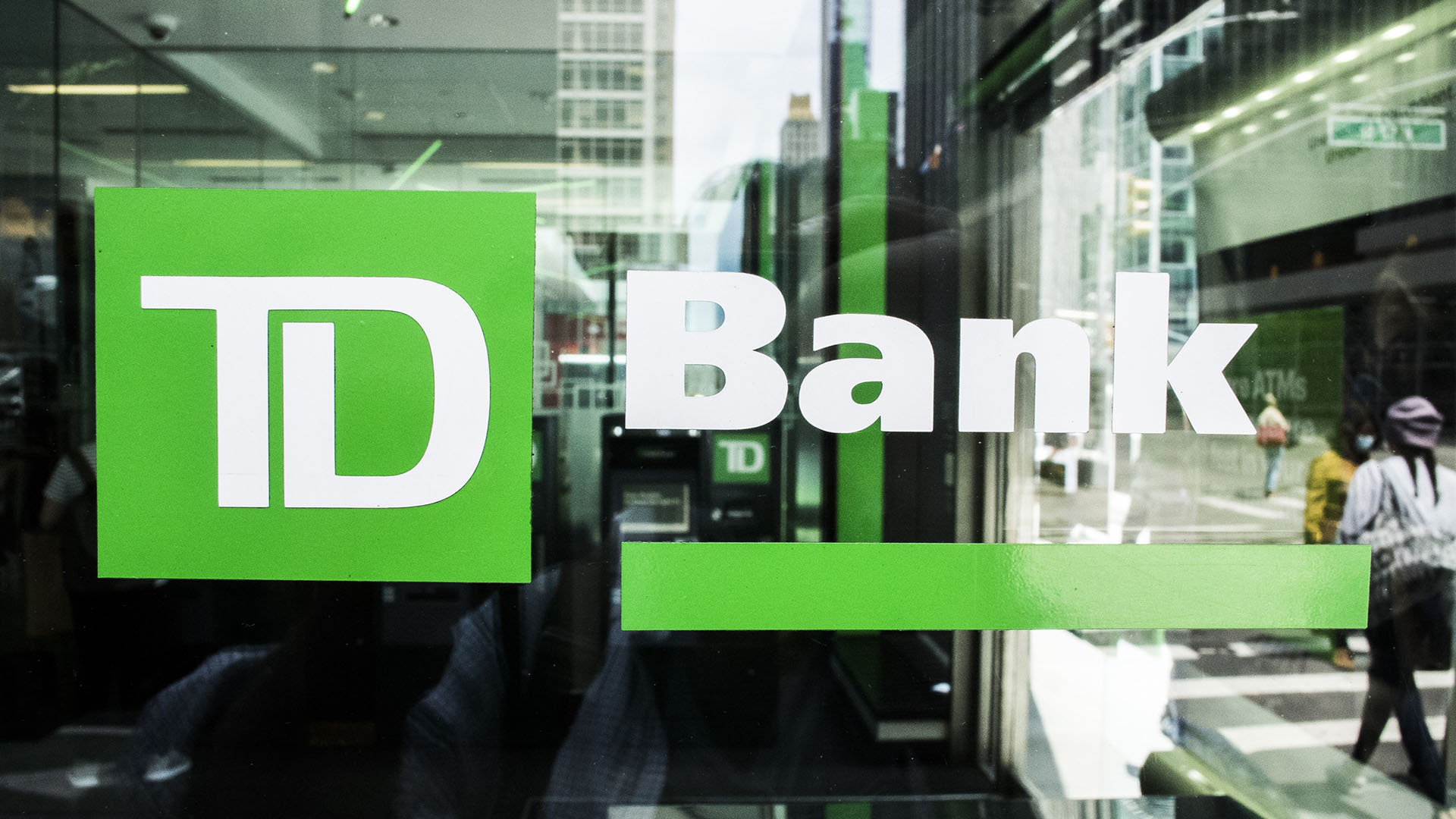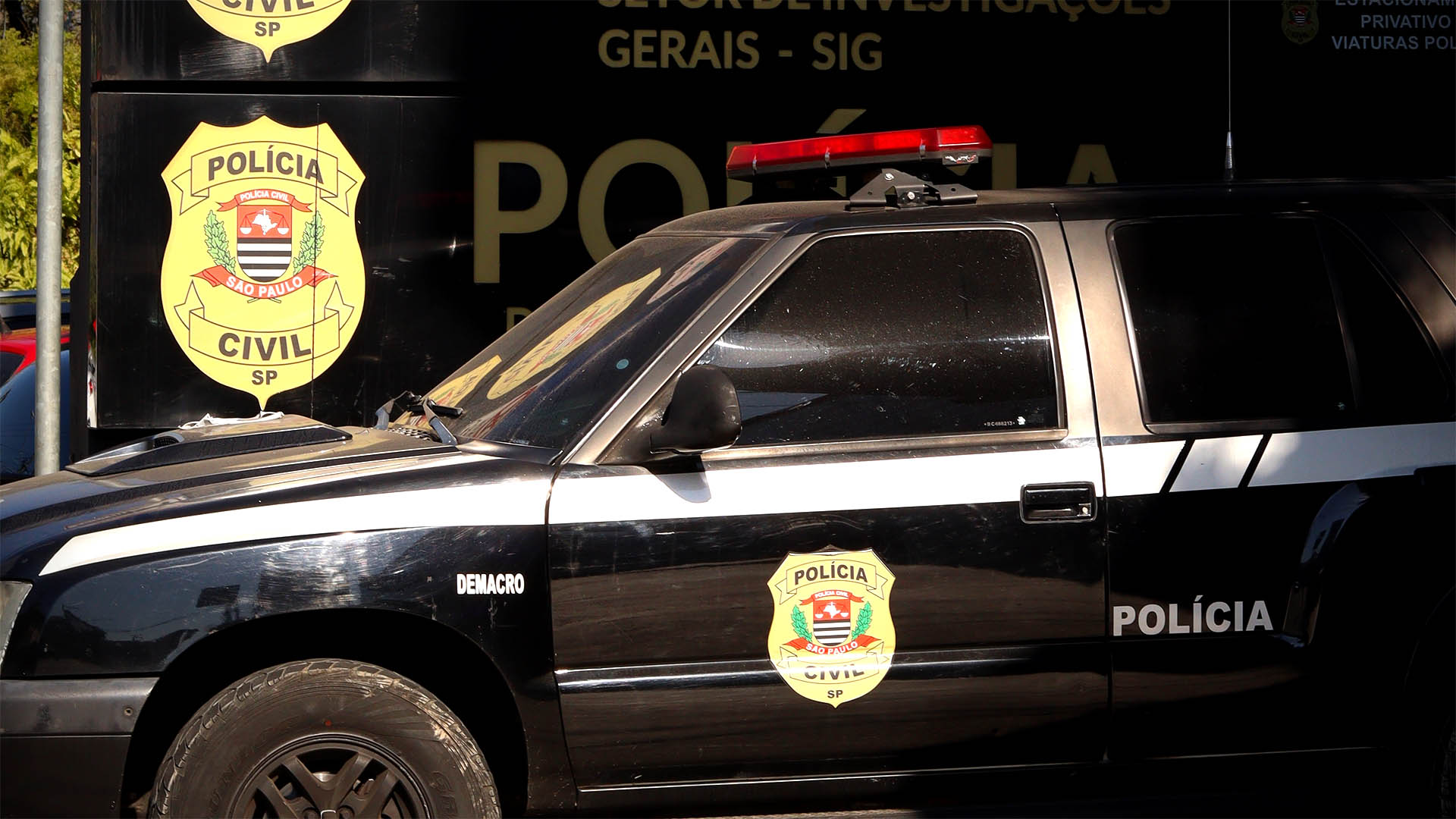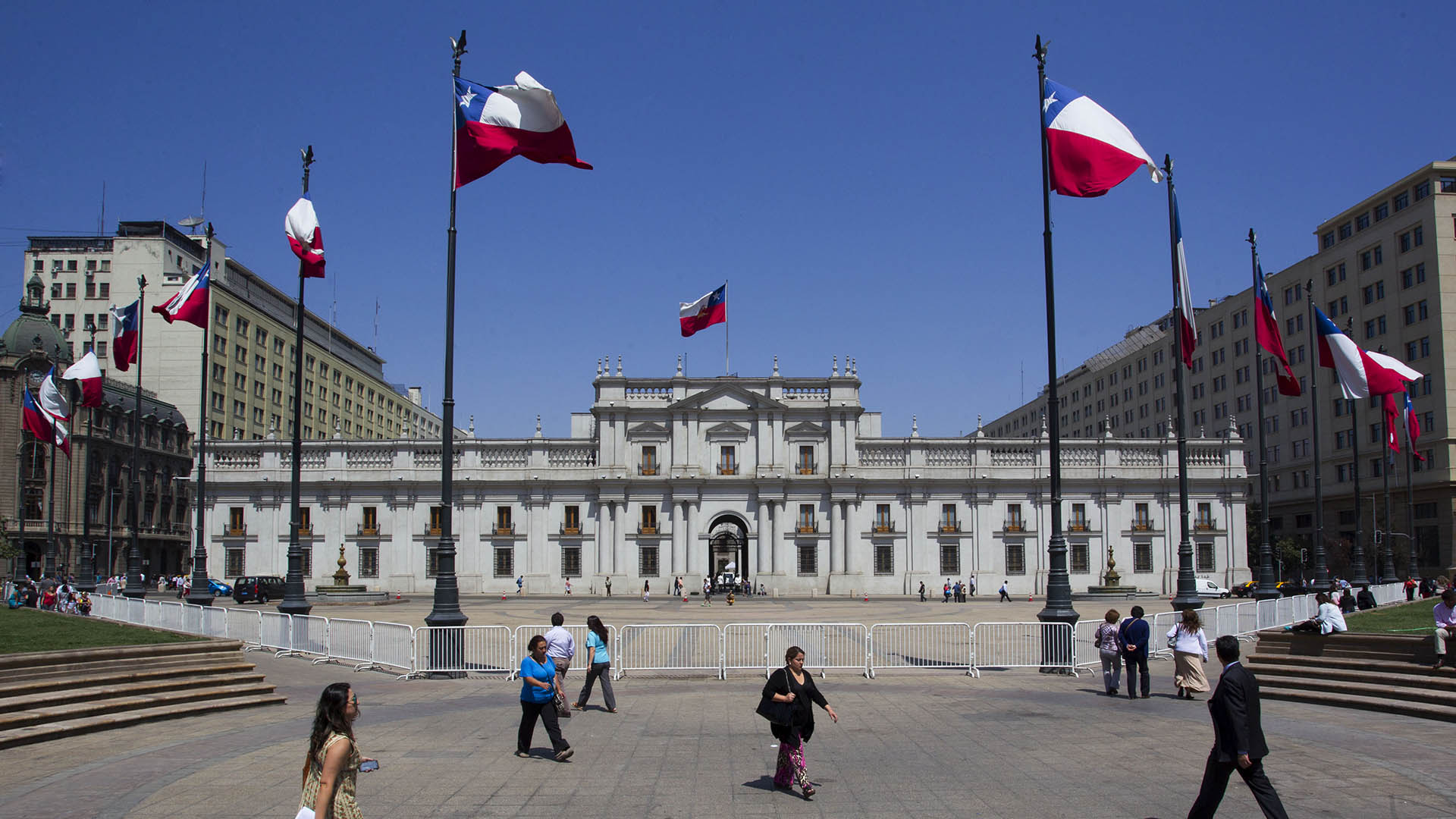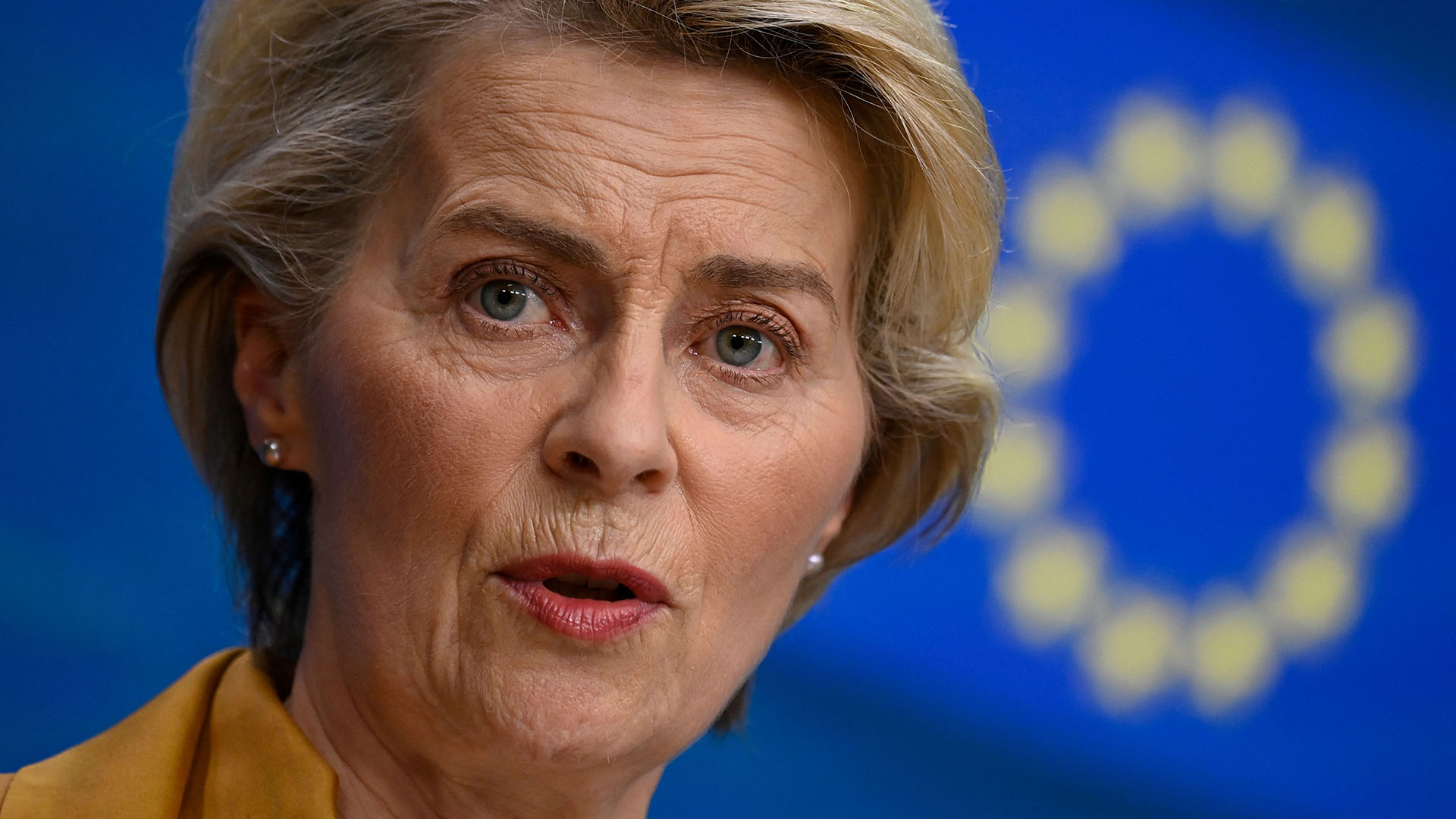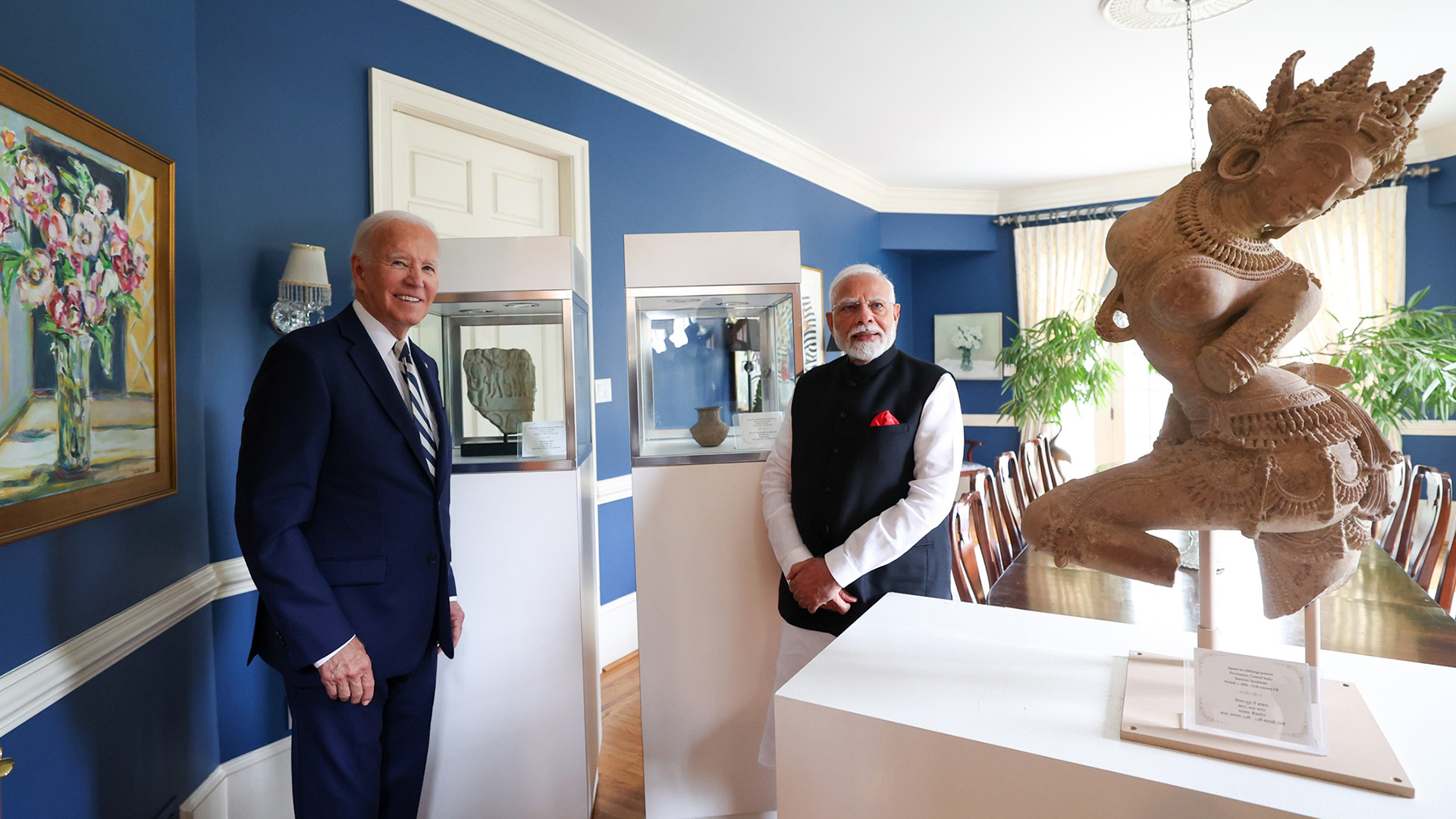Last updated: October 2024
- Governance (including ICIJ’s board and network committee)
- Policies (including editorial, fundraising and privacy policies)
- Corporate documents (including annual reports, tax documents and impact reports)
Governance
The International Consortium of Investigative Journalists was founded in 1997 by American journalist Charles ‘Chuck’ Lewis. It was launched as a project of the Center for Public Integrity. Under that stewardship, ICIJ investigated issues that didn’t stop at national frontiers, including cross-border crime, corruption and holding the powerful to account.
To extend its reach and impact even further, ICIJ spun off from the Center and became a fully independent news organization in early 2017. In July 2017, ICIJ was granted 501(c)(3) nonprofit status by U.S. tax authorities.
True to ICIJ’s collaborative style of working, the organization is governed by three committees: a traditional board of directors with a fiduciary role; a journalism advisory committee made up of experienced investigative reporters; and the ICIJ Network Committee, which serves the membership of ICIJ’s global network.
ICIJ’s board:
- Rhona Murphy (chair)
- Alexander Papachristou
- Ritu Sarin
- Tom Steinberg
- Dapo Olorunyomi
- Birgit Rieck
- Tony Norman
Journalism Advisory Committee:
- Bill Kovach
- Chuck Lewis
- Rosental Calmon Alves
- Gwen Lister
- Goenawan Mohamad
- Brant Houston
Our Network Committee:
A working body of ICIJ members who represent the ICIJ members, setting principles and best practices, priorities and activities, liaising with the board and giving advice to ICIJ’s leadership team on adding or excusing members.
- Chair Francisca Skoknic (Chile)
- Vice-chair Karlijn Kuijpers (Netherlands)
- Vice-chair Yasuomi Sawa (Japan)
- Umar Cheema (Pakistan)
- Carla Minet (Puerto Rico)
- Edouard Perrin (France)
- Johannes Kristjansson (Iceland)
- Emmanuel Dogbevi (Ghana)
- Alia Ibrahim (Lebanon)
ICIJ’s global member network is more than 290 investigative journalists strong. We have members in more than 100 countries and territories who work collaboratively on cross-border investigative projects.
Read the ICIJ Network Committee Charter (PDF, May 2022)
Policies
ICIJ’s commitment to Diversity, Equity and Inclusion
ICIJ acknowledges the value that each member of our team brings to the organization and commits to further promoting and leveraging a richness of backgrounds and perspectives in order to strengthen all dimensions of our journalism. Creating and nurturing a diverse, equitable and inclusive work environment is more than just an organizational goal, it is a vital part of our mission and is essential to ICIJ’s success.
Editorial Policy
Journalists working for ICIJ subscribe to the Society of Professional Journalists Code of Ethics, available via SPJ’s website or in PDF format here.
Our website and content
ICIJ wants you to be familiar with how we collect, use and disclose information. Our Privacy Policy describes our practices in connection with information that we collect through this website and the other websites operated by us, through our social media pages, as well as through email messages that we send to our subscribers. By accessing or using these services, you agree to this Privacy Policy.
Our Terms of Use relates to your access to or use of this website, together with all content and data to the extent made available.
Complaints about our work
The International Consortium of Investigative Journalists believes strongly in accountability and endeavors to adhere to the highest standards of fairness and accuracy in our reporting. This philosophy carries over to the way we run our organization and carry out our work.
If you have a complaint to make about ICIJ’s work, please email details to complaints@icij.org.
ICIJ has established this mechanism to handle operational and sensitive complaints about our work. Complaints can be treated as confidential where necessary. We are open to all comments about our organization, however complaints related to internal employment conditions should be directed to line managers and human resources. ICIJ team members can be contacted individually for comments pertaining directly to their work. ICIJ can also be contacted securely on a number of platforms.
Donation Policy
Funding goes to support ICIJ’s general operations, technology and tools and investigative projects. ICIJ maintains a strict firewall between our editorial judgement and fundraising. All editorial decisions are made independently, and no donor or institution influences ICIJ’s coverage.
ICIJ embraces the Donor Bill of Rights developed by the Association of Fundraising Professionals (AFP), the Association for Healthcare Philanthropy (AHP), Council for Advancement and Support of Education (CASE) and the Giving Institute.
Corporate documents
The International Consortium of Investigative Journalists (ICIJ) is a 501(c)(3) non-profit organization, headquartered in Washington, D.C. ICIJ’s Federal Tax ID is 81-4739107.
ICIJ’s application for tax exempt status and a copy of ICIJ’s exemption letter from the Internal Revenue Service are available on request. Please contact ICIJ’s chief operating officer, Maryse Sulimma, msulimma@icij.org.

